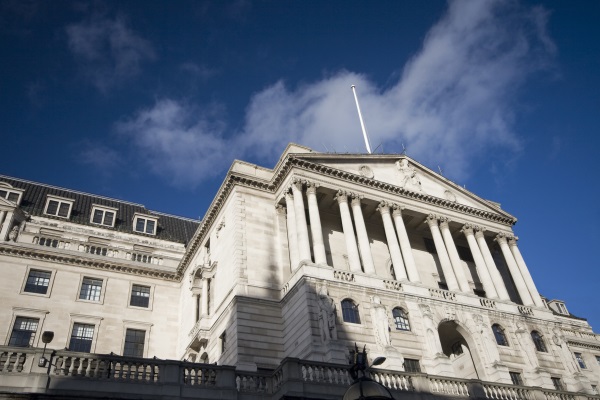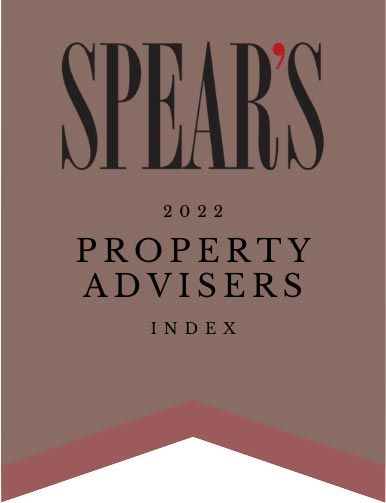Another month, another decision from the Monetary Policy Committee (MPC) to keep interest rates on hold. The continuing saga of Brexit means you’d be forgiven for thinking it’s Groundhog Day at the Bank of England, with the MPC’s hands tied until Brexit negotiations are completed. However, that is certainly not the case. There have been increased rumblings from decision makers that interest rates will soon be on the rise.
Michael Saunders – an external member of the MPC – told Solent University earlier this month, “I want to stress that the MPC does not necessarily have to keep rates on hold until all Brexit uncertainties are resolved.”[i] And it’s not just Mr Saunders who feels this way.
The Bank of England’s Chief Economist – Andy Haldene – says that the UK is on course for “steady if not spectacular growth” in 2019. He added, “The time is nearing when a small rise in rates would be prudent to nip any inflationary risks in the bud.”[ii]
His voice is joined by that of the BoE Deputy Governor, no less. Ben Broadbent said the Bank’s health check on the UK economy in early May showed it warranted higher interest rates than financial markets currently expect.[iii]
The UK last saw a rise in interest rates in August 2018, back when there were still hopes of a relatively smooth Brexit. Governor Mark Carney was always clear on his strategy; slow and steady interest rate rises would follow the trend of the US, which has successfully raised rates from 0.25% to 2.5% since 2016. However, the US Federal Reserve is now facing calls to lower interest rates from President Donald Trump. Economic data is looking weaker and rumblings of a US-China trade war means the Fed is fully expected to cut interest rates more than once before the end of the year. For now, it remains at 2.5%.
Conversely, the UK appears to have the lowest unemployment rate in 40 years and inflation is just over the 2% target. However, there are concerns from former MPC member (and critic of the current committee) Danny Blanchflower that the labour market is ‘under employed’ – meaning more people are working in temporary, part-time roles when they would prefer longer hours. Therefore there could be a lot more slack in the employment market than central banks have assumed.[iv]
With a new Prime Minister yet to be decided and so much uncertainty over Brexit, the MPC really couldn’t have done anything other than hold interest rates today, but there are certainly no guarantees that the status quo will remain for the rest of 2019.
If you’re considering renewing or taking out a new mortgage, always think long-term and take the appropriate advice to ensure that you are fully informed about the implications surrounding changes in financial markets.
Our team of advisers are on hand to offer expertise, insight and an up-to-date view on the mortgage market – whether commercial or residential, UK, overseas or ex-pat lending.
If you’re looking for a large or specialist mortgage, make sure you’re speaking with a team who can tailor the right financing solutions to your individual circumstances. Don’t hesitate to get in touch.
[i] Bank of England’s Saunders says bank at risk of raising rates too slowly – Financial Times
[ii] Bank of England chief economist says UK rate rise is on the horizon – City A.M
[iii] Senior Bank of England officials warn of several interest rate rises – The Guardian
[iv] Jobs boom sets puzzle for Bank of England experts – Financial Times
Your home may be repossessed if you do not keep up repayments on your mortgage. You may have to pay an early repayment charge to your existing lender if you remortgage. Changes in the exchange rate may increase the sterling equivalent of your debt. The Financial Conduct Authority does not regulate some aspects of commercial mortgages.




















